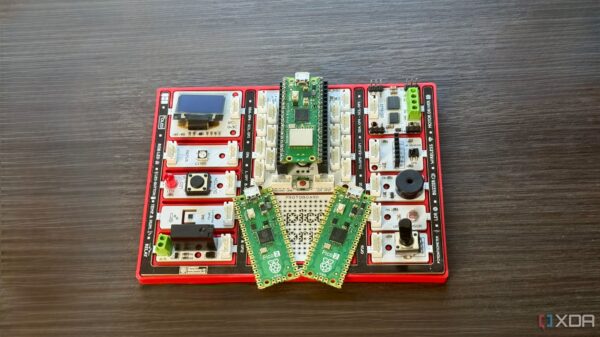Professor Luis Jauregui of UC Irvine has made a significant advancement in quantum physics, discovering a new state of quantum matter that could revolutionize future technologies, including quantum computing. This groundbreaking work, conducted at the Quantum Materials and Devices Lab, has implications for creating computers immune to radiation, particularly beneficial for deep-space exploration.
Exploring New Frontiers in Quantum Physics
Jauregui’s research focuses on excitons, a phenomenon that occurs when electrons spin in tandem rather than oppositely, which is their typical state. The discovery emerged after Jinyu Liu, a postdoctoral researcher in Jauregui’s lab, identified inconsistencies in existing theories regarding quantum materials. According to Jauregui, “Mistakes … tell us nature isn’t following the ‘script.’ That’s when things get exciting.”
To validate the existence of excitons, Jauregui’s team subjected electrons from hafnium pentatelluride to a magnetic field approximately 700 times stronger than household magnets. This testing took place at the Los Alamos National Laboratory under conditions akin to deep space, showcasing the delicate nature of their observations. Jauregui noted that “Siberia is a lot warmer” than the temperatures required for their experiments.
Significance of Quantum Research Funding
The research conducted by Jauregui and his team is part of a broader trend in quantum studies, with institutions like UCLA and Caltech also exploring new quantum materials. Despite the increasing interest and potential applications, funding for scientific research has been declining. A report from the Union of Concerned Scientists indicated that federal scientific research grants fell by half in the first six months of the year compared to previous years.
Jauregui emphasized the importance of basic research, stating, “Basic research isn’t a waste. It’s anything but that. All kinds of research can always lead to something.” He argues that discoveries in quantum physics could lead to significant advancements in technology, particularly in quantum computing, which is expected to become a major industry in the coming decades.
The potential for quantum computing lies in its ability to process information in ways that traditional computers cannot. Jauregui’s findings could help develop new quantum bits or devices, moving away from the binary systems used in current technology. He explained, “It’s still early days, but in principle these states could be building blocks for new types of quantum bits or devices.”
Jauregui’s journey into quantum physics began in his childhood in Peru, where he developed a passion for discovery. He reflected on this experience, stating, “From that point on, the path felt possible.” His work not only contributes to scientific knowledge but also inspires future generations of researchers.
As Jauregui looks forward to further experiments building on the work with Liu, he maintains an optimistic view of discovery. He noted, “Every time we look, with better tools and purer materials, nature surprises us.” This sentiment highlights the unpredictable nature of scientific exploration, which continues to reveal new mysteries at the quantum level.







































































